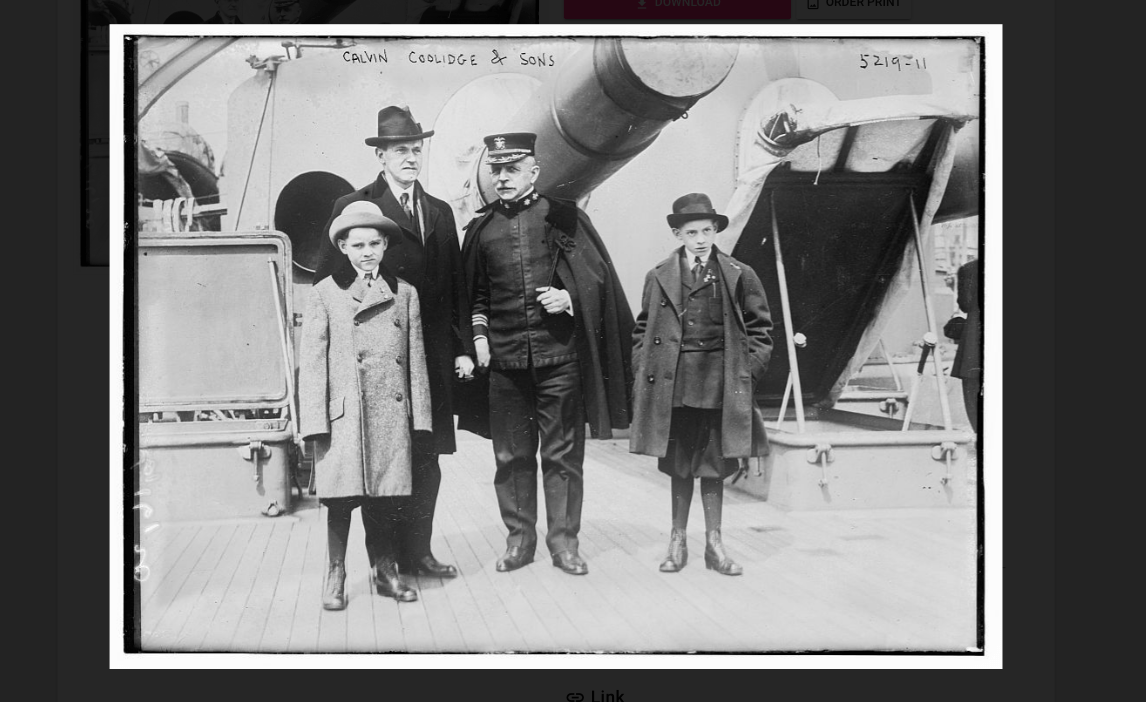

It’s not hard to see what Republicans find compelling about the book. Co-owner Al Schuman said sales haven’t been off the charts but added: “If all my books sold that well, I’d be a rich man.” “The Forgotten Man” is currently out of stock at The Trover Shop, the bookstore closest to the House side of the Capitol. “A guess: with less govt intervention overall from Presidents Bush and Obama, and Congress, we would have had a worse plummet and a faster recovery.”

Garrett said the book “is a good read” that details, among other things, “how FDR engaged in vitriolic demonizing of Wall Street and Big Business to advance his agenda.”Īlso, he jokes, “it had good pictures when you get to the middle.” Scott Garrett (R-N.J.) - who himself notes that his chief of staff “stole” his hardback copy, so he had to purchase a paperback. “It’s been suggested as required reading for all of us, I think,” said Erica Elliott, press secretary for Rep.

“Republicans are gobbling it up - and so are other lawmakers - because it tells you what they did, what worked and what didn’t.” “There aren’t many books that take a negative look at the New Deal,” explained Republican policy aide Mike Ference, whose boss, House Minority Whip Eric Cantor of Virginia, invited Shlaes to join a group of 20 or so other House Republicans for lunch earlier this year in his Capitol suite. Shlaes’ 2007 take on the Great Depression questions the success of the New Deal and takes issue with the value of government intervention in a major economic crisis - red meat for a party hungry for empirical evidence that the Democrats’ spending plans won’t end the current recession. The Forgotten Man was a bestseller in America, although Shlaes has been accused of being economical with the economic facts.But House Republicans are tearing through the pages of Amity Shlaes’ “The Forgotten Man” like soccer moms before book club night. FDR should have trusted in the market to right itself, she argues, while she eulogises the forgotten men (or small businessmen): those rugged individualists who funded FDR's government activism but were scapegoated by him for their trouble. In fact, she argues, Obama's - sorry - FDR's Soviet-inspired, New Deal philosophy of redistribution and state control actually prolonged the depression through over-regulation and punitive taxation (her previous book was called The Greedy Hand: How Taxes Drive Americans Crazy and What to Do About It). The myth Shlaes proposes to bust is that government intervention dug America out of the great depression. E arlier this year, the American columnist Amity Shlaes wrote an article for under the heading "Cheering for Obama stimulus buys into 1930s myth", and it's hard not to see this revisionist history as a sideswipe at the Obama administration's efforts to tackle the recession.


 0 kommentar(er)
0 kommentar(er)
